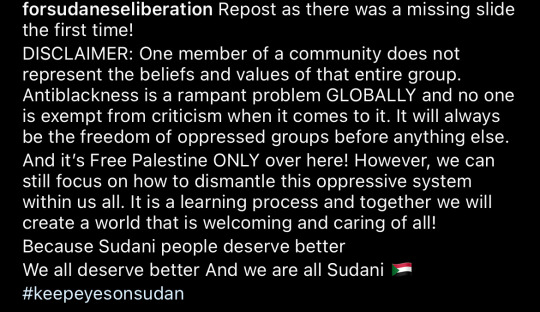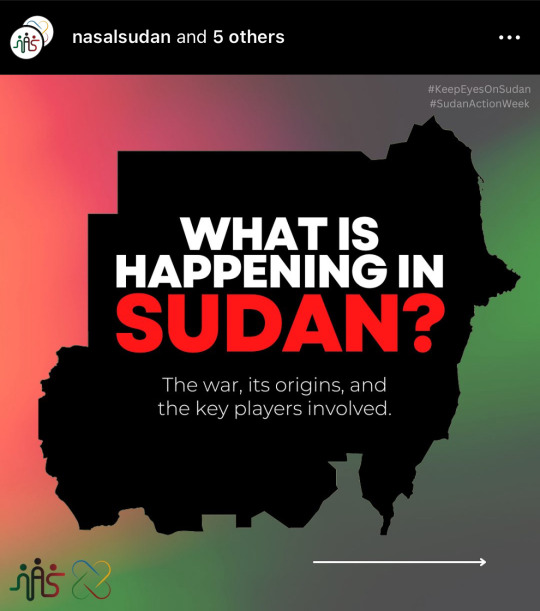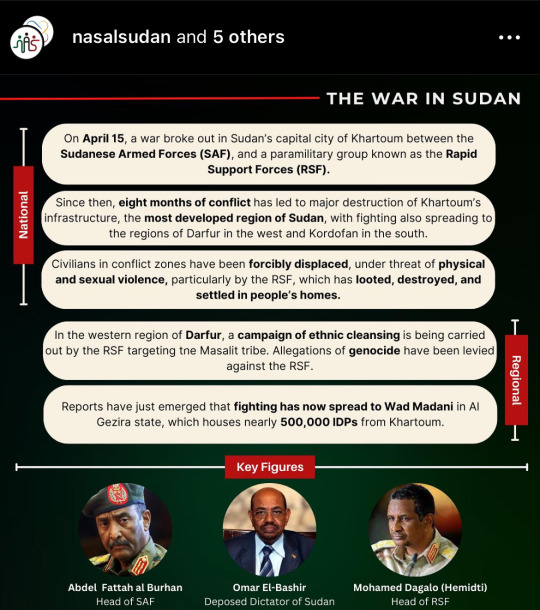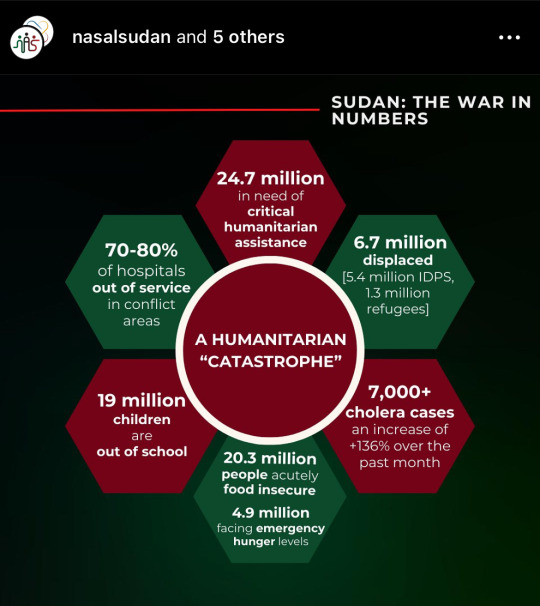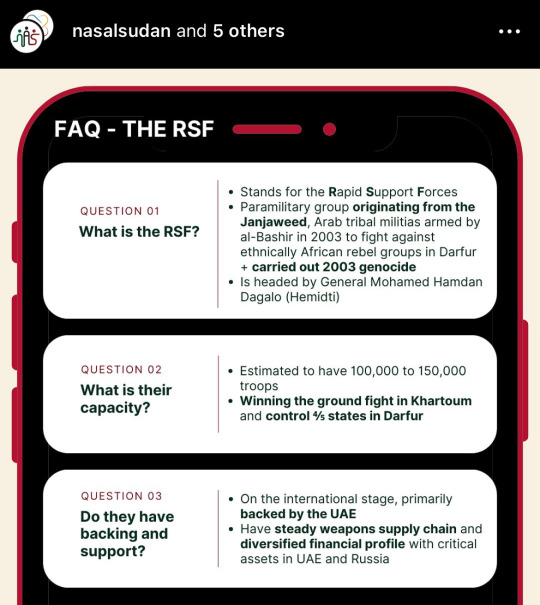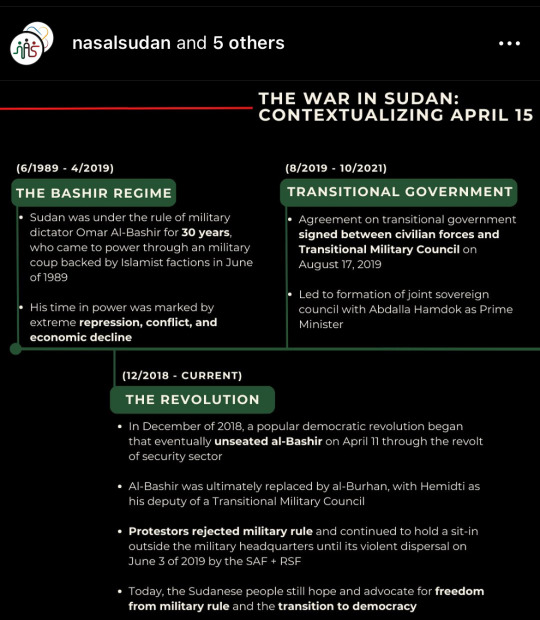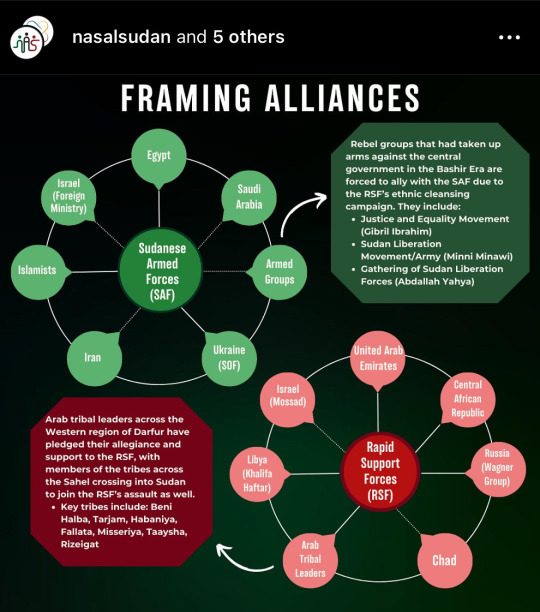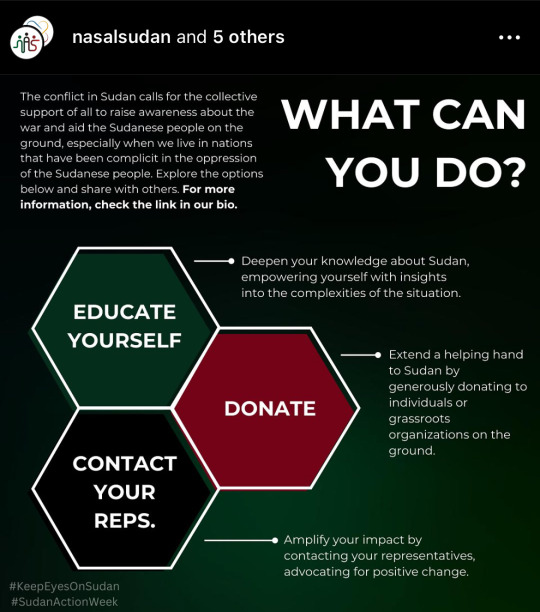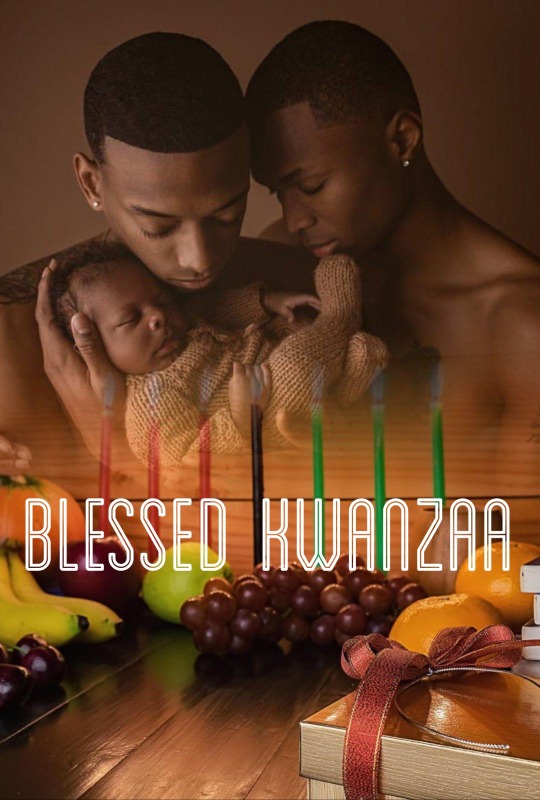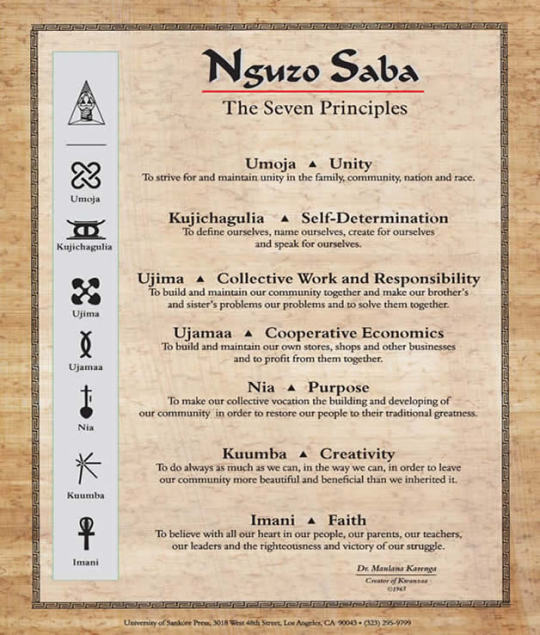Text


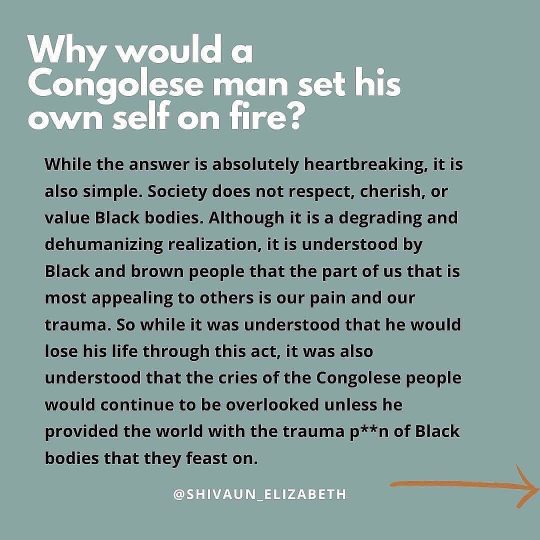


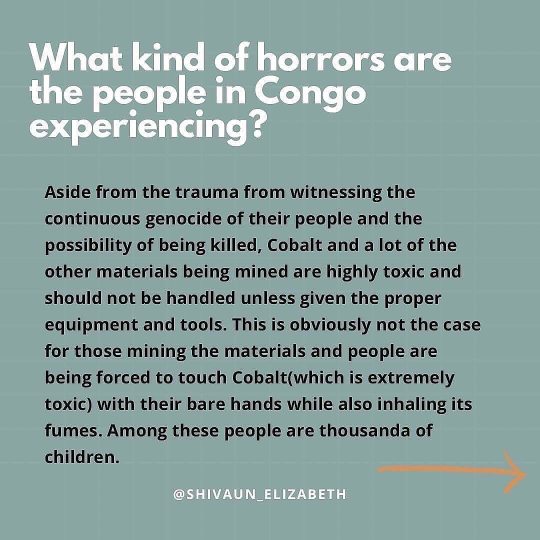
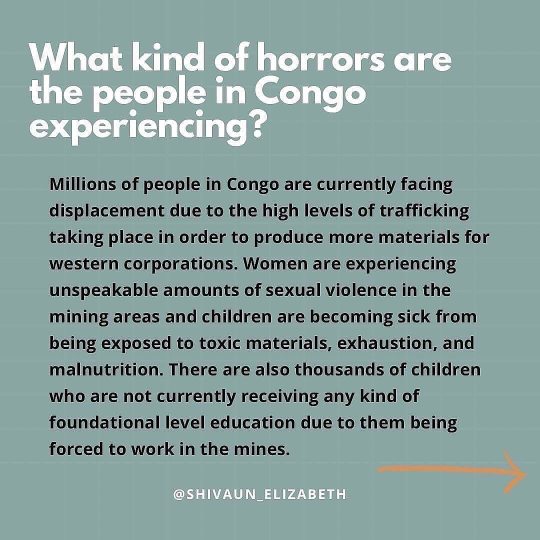


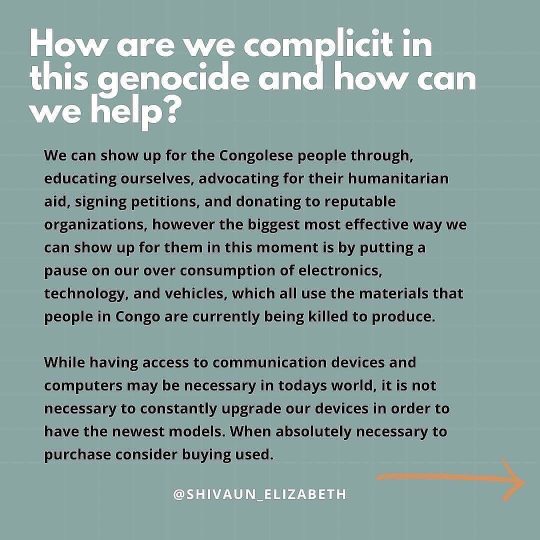
Don't forget about the Congo!!
https://www.npr.org/sections/goatsandsoda/2023/02/01/1152893248/red-cobalt-congo-drc-mining-siddharth-kara
https://e360.yale.edu/features/siddharth-kara-cobalt-mining-labor-congo
https://bnn.network/watch-now/congolese-man-self-immolates-to-highlight-overlooked-genocide-in-congo/
https://migrantsrights.org.uk/2023/11/07/silent-genocides/
2K notes
·
View notes
Text
I think a problem in a lot of Black and African discourses is that many people, upon realizing that the idyllic Black Community™️ doesn't currently exist, throw their hands up and decide the entire idea is pointless.
I was a kid, too. I was sold dreams of a world where Black people across the world understand both our triumphs and our struggles as related to one another. Like a lot of people, I grew up anticipating to find acceptance and comraderie whether another Black person was from the US, the Caribbean, or the Continent. And like just about everyone, I was disappointed when I realized that even within local areas, true Black unity is rare.
We both look at the world as it is and see how African people treat each other globally. But whereas some people use the world's reality as proof Black unity can never work, I look at it as proof that we need to make it work.
I think that's ultimately the difference between...I don't even really have a word for these divergent world views. Essentializing them to political philosophies feels too reductive.
There's Black people that believe Black unity is a scam and a farce, that we're wasting our time lying to ourselves about it ever being real.
And then there's Black people that believe it can exist if we put in the work. Or, at least, that we should put in the work and keep trying to make it happen.
And this latter group finds community with each other. All of us who believe naively that Africans in Diaspora and Africans in the Continent can build community and resistance together find community with eachother.
I wonder who the first group finds community with. It seems like a very lonely outlook to hold.
2 notes
·
View notes
Text
for anyone who isn’t aware, friendsofthecongo.org/campaigns contains a list of actions you can take to help the democratic republic of congo, including pdfs of postcards you can print and send to a list of tech companies to tell them to stop using child miners AND a letter you can sign and send to your reps (+ potentially incorporate the main points of that letter into any scripts you might already be using for emails or calls to your reps!). friends of the congo also has a volunteer application form and a youtube channel
19K notes
·
View notes
Text
sudanese-led causes to donate to!
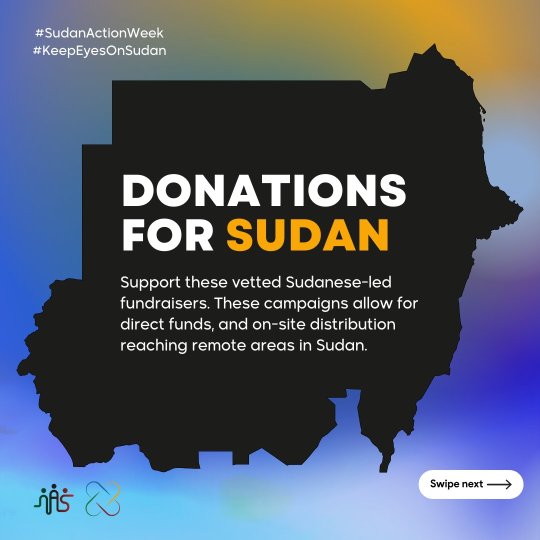
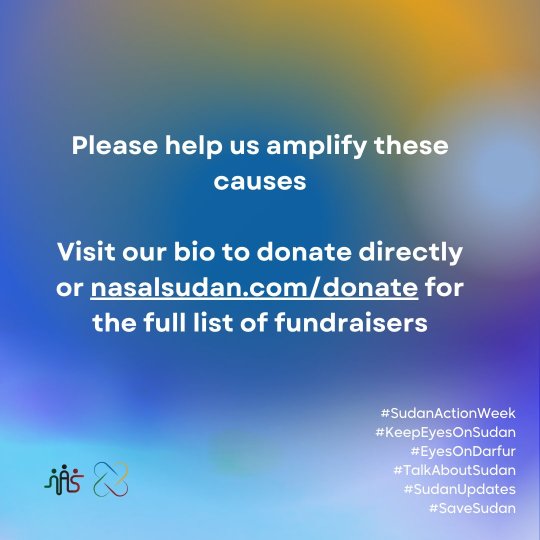
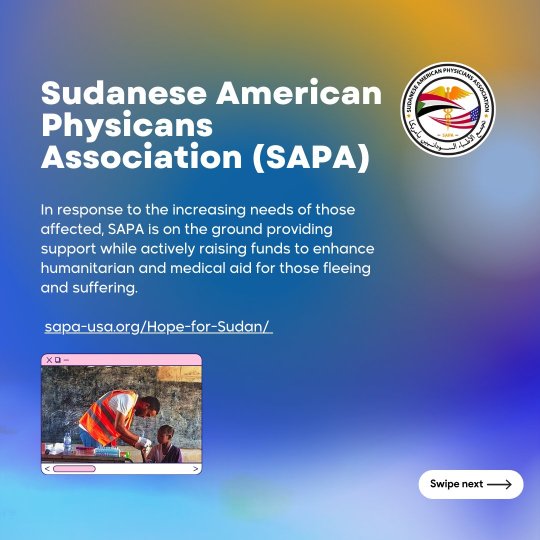
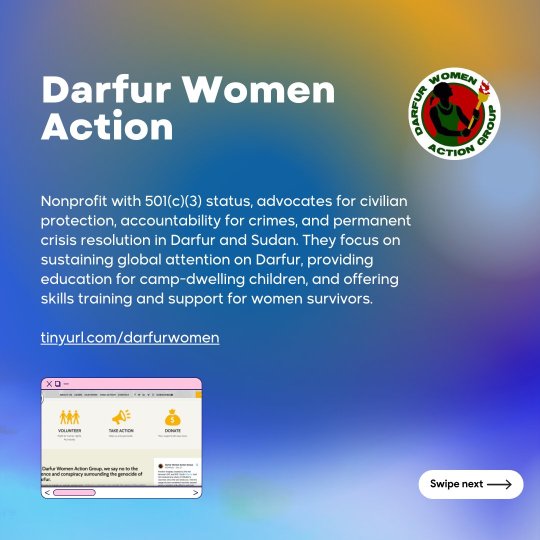

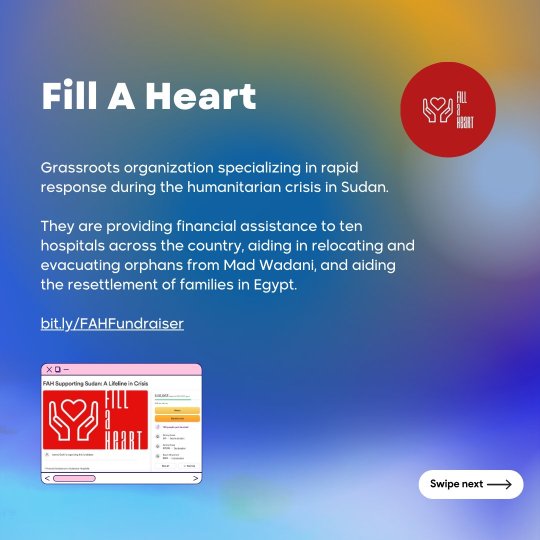

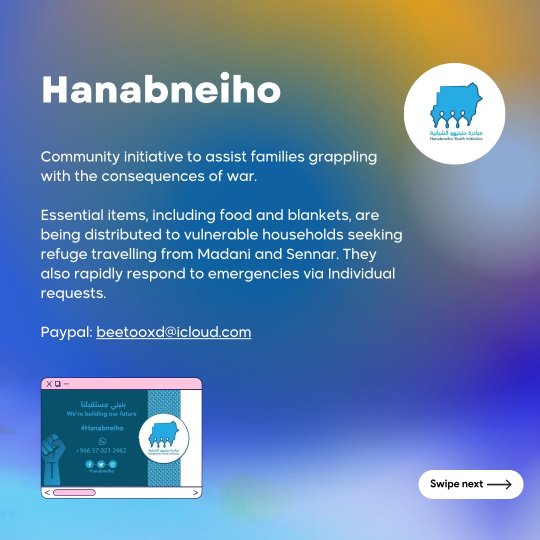
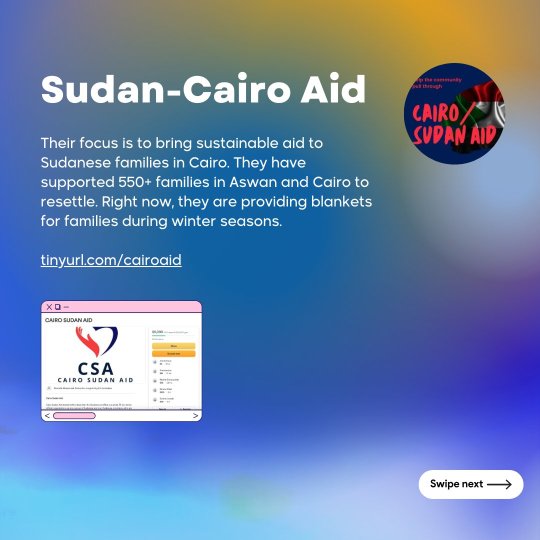
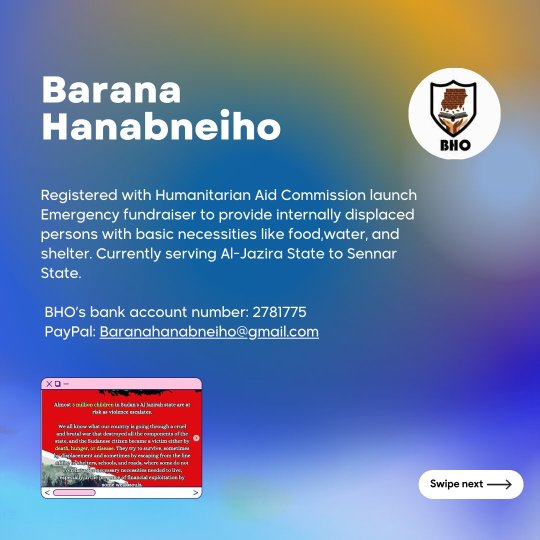
sources: 1, 2
Links:
Sudanese Americans Physicians Association / Twitter
Darfur Women Action / Twitter
Hadhreen / Twitter
Fill A Heart / Twitter
HomeTax / Twitter
Hanabneiho (Twitter)
Sudan-Cairo Aid / Instagram
Barana Hanabneiho (Twitter)
18K notes
·
View notes
Text
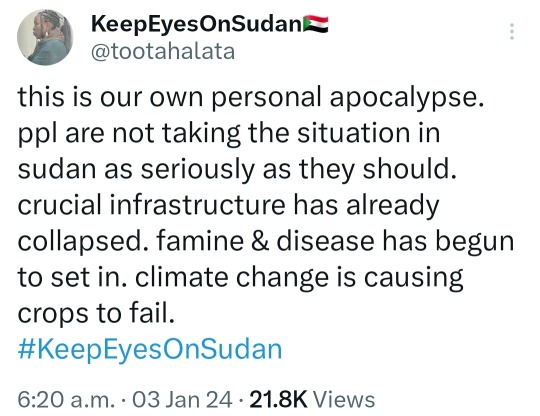
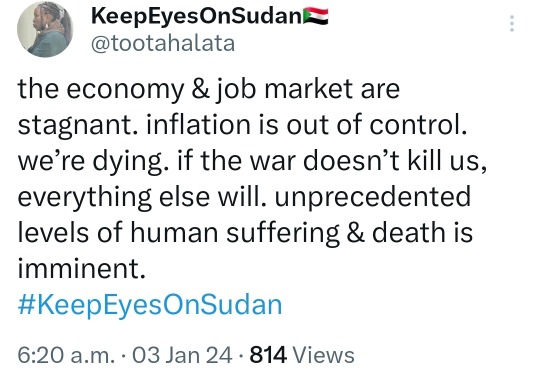
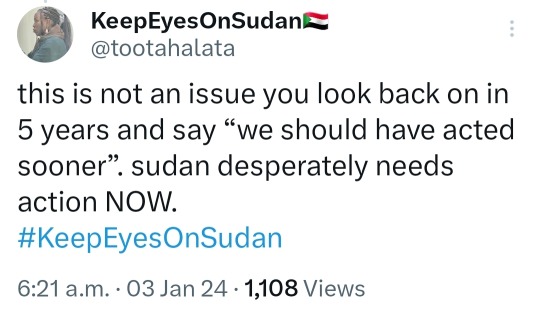
They're also censoring people who use these tags on X. Sudanese creators and activists who are talking about their experiences -and often not able to share extensive details about their sufferings because if they do, they could be killed for sharing information. Saying 'genocide' is getting their posts flagged and accounts banned too. We need to be talking about this too.
43K notes
·
View notes
Text
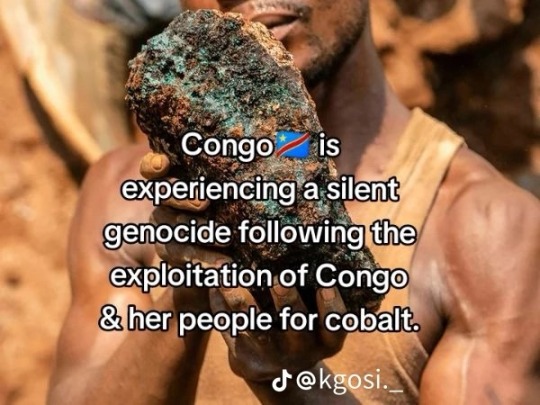
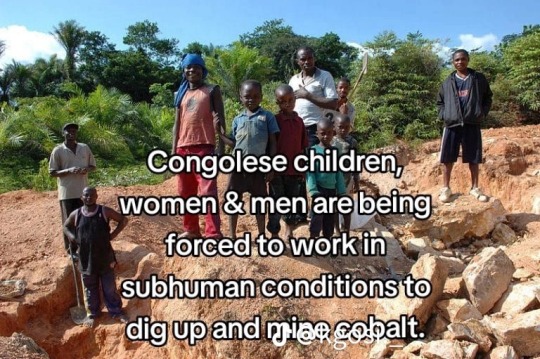
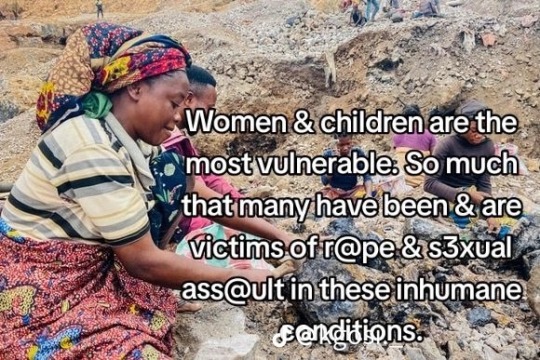
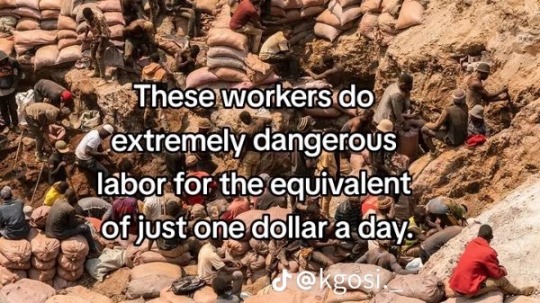
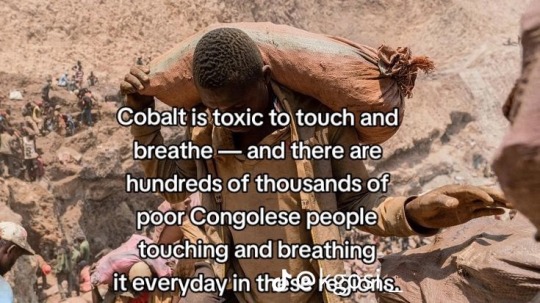
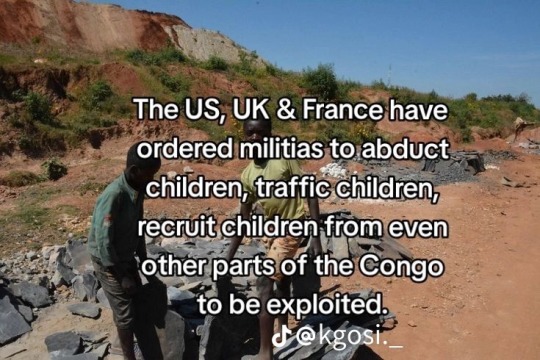
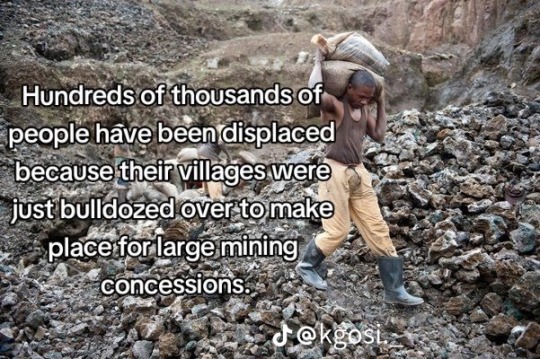
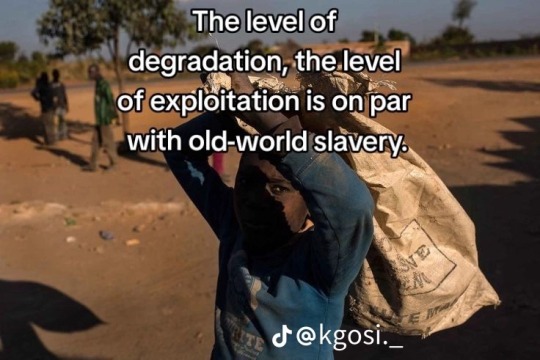
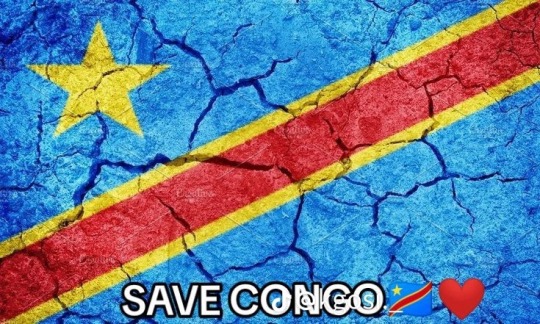
Let’s pay attention to what’s happening in the Congo.
8K notes
·
View notes
Text
Every year I search social media for posts about Kwanzaa
And every year I see more and more posts in Spanish and Portugese
This year, I've even seen a few in Kreyòl Ayisyen
We winning XD
2 notes
·
View notes
Text

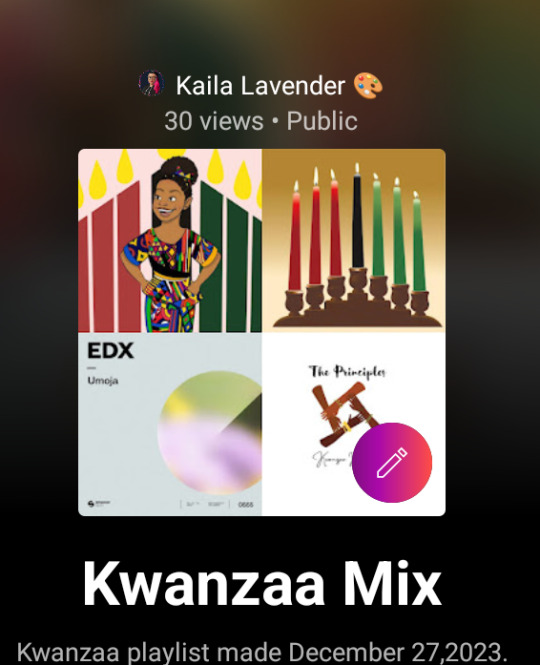
My Kwanzaa Mix on Pandora (Left) and YouTube Music (Right).
♥️♥️♥️🖤💚💚💚🎵🎶🎵🎶
3 notes
·
View notes
Text
Also... y'all can share your own playlists too. I hope that was clear, lol
Kwanzaa music
...is very hard to come across.
There are a few albums out on the major music streaming sites. But I'll admit, nothing really worth talking about.
I think my problem with most Kwanzaa music is that all too often, it sounds like Holiday Music, or it sounds so traditional that it's too hard to really get into.
So instead of trying to find Kwanzaa music, I went through the music I already like, music I was already raised on, and tried to identify what gives me an overall Kwanzaa vibe.
Honestly, I don't expect everyone to like it, or for the playlist to get popular. There's only 15 songs on it. But it's as close as I can get to finding music that really captures the essence of Kwanzaa, at least to me.
For people that don't use Spotify, here's the list. It's arranged in no particular order because I'm not very good at that...
1. Zanset Nou Yo by Boukman Eksperyans
2. Worth His Weight in Gold by Steel Pulse
3. African by Peter Tosh
4. Every Ghetto by Talib Kweli
5. Radio Freq by Dead Prez
6. I'll Be There by the Jackson 5
7. Celebration by Kool & The Gang
8. Exodus by Bob Marley and the Wailers
9. Sikiliza Kwa Wahenga by Michael Abels (it's the song from Get Out...ik, ik, but literally look up the lyrics)
10. MY POWER by Nija
11. Where I'm From by Diggable Planets
12. Pacifics by Diggable Planets
13. Have Some Love by Childish Gambino
14. Africa by Boukan Ginen
15. Master Blaster (Jammin') by Stevie Wonder
16. Stand Tall by Childish Gambino
38 notes
·
View notes
Text
Real talk: Karenga shouldn't matter to Kwanzaa, and the way we talk about what he did to Gail Davis and Deborah Jones (specifically how we DON'T talk about them as people) is not only flawed but has no real relevance to the holiday either.
1. According to his own narrative, he based Kwanzaa off festivals from the continent.
2. He did not create Kwanzaa on his own, whole-cloth. He was working with other activists and cultural bearers to create a Black holiday, and the central rituals and symbols as we know them today were decided on during a workshop with children.
3. Karenga did promote the holiday...as did many other Pan-Africanists including Sister Makinya Sibeko Kouate, the "Queen Mother" of Kwanzaa. She toured the country and internationally to introduce the holiday to Black communities throughout the world.
4. Kwanzaa isn't a celebration of Karenga, nor is he a central authority of the holiday. If you aren't buying supplies directly from him or following his annual Kwanzaa statements (I honestly don't know anyone that does either of those things), he benefits from our celebration of Kwanzaa in no actual way.
5. Point 4 is by design. He doesn't call it a Kawaida holiday, it's not the Black Liberation Army or US org holiday. It's a Pan-African holiday, created for all Black people and arranged in such a way that no one person can control it, dictate it, or benefit from it.
I do agree that we cannot and should not dictate how other people react to Karenga's history, but the way we keep returning to it runs counter to everything Kwanzaa is. It treats the holiday as an extension of himself--it isn't. I get why we have that inclination; he's the creator of the holiday and we're used to founders being central figures of personality worship in holidays. But that's not what Kwanzaa is, it's as much an extension of Karenga as Mother's Day is of Anna Jarvis.
But also, the way we talk about the event is never in any good faith towards the victims. The narrative is always "The inventor of Kwanzaa tortured two women" and never "Gail Davis and Deborah Jones's captor was the man who invented Kwanzaa."
Notice that, when we center the victims in the narrative, Kwanzaa feels irrelevant. Framing it the first way suggests a self-evident link between the two--that Kwanzaa had something to do with the crime. When we center the victims and mention Kwanzaa regardless, that places the burden of proving the link between the two on us. But they weren't tortured during a Kwanzaa celebration, they weren't tortured for breaking any of the Nguzo Saba, their torture didn't even occur until after Kwanzaa had been invented.
We talk about Kwanzaa in connection to their assault solely because it's the thing Karenga is most notable for otherwise.
Talking about Gail Davis and Deborah Jones is relevant to conversations about misogynoir and abuse within Black Nationalist organizations. Speaking about Black women's experiences in such organizations is relevant to understand how to sculpt Black Nationalisms that not only provide equal power for all people, but also hold abusers accountable and garuntee restorative justice practices.
When we strip them of their identities and reduce them to the women Karenga abused, we loose all of that. We make it about Karenga and, worse, we make it about Kwanzaa. Why is the debate whether we should celebrate Kwanzaa and never whether Karenga should remain employed as a university professor?
This is a long post and ik people interpret that as an attack online--that isn't my intention here. As you point out, it's a nuanced issue so I wanted to cover as many relevant points as possible. Again, I do agree that we cannot control other people's responses. But I disagree that we need to keep having this discourse, at least in this particular fashion. We shouldn't be using Jones and Davis's experience to debate the ethics of Kwanzaa, and we shouldn't wrap the entire narrative around Karenga, their abuser, when we do it. We can draw upon it to have necessary discussions about how to organize, and therefore use their experiences to prevent harm to other people in the future and shape new ideologies and political movements to respond to all the needs of all Black people. But it doesn't have anything to do with Kwanzaa, and neither miss Davis or miss Jones have ever come forward to say we shouldn't celebrate it (to my knowledge, and even if they ever do, I'd want to hear their reasoning first).
Karenga is only as relevant to Kwanzaa as we make him be. Let's not make him more important than the holiday itself or worse, more important to discussing his abuses than the actual victims of that abuse.
I have just learned some information regarding Maulana Ndabezitha Karenga aka Ron Kerenga, Ronald McKinley Everett, who created the holiday Kwanzaa.
The relevant facts in this positive article about Kerenga are ". . .he founded the United Slaves (US) Organization, a Black Nationalist group. With the creation of a new Afro-American Studies Center at UCLA, the US Organization conflicted with the prominent Black Panthers group over the choice of a center director. The Black Student Union’s efforts to conciliate between the factions ended when two Black Panther members were shot in a violent encounter."
"Karenga’s turbulent young adulthood was marred by his conviction on felony assault and false imprisonment charges, and his imprisonment in 1971. During his four years of incarceration at California State Prison, he became interested in Marxist philosophy. When he emerged in 1975, he restructured the US Organization as the Organization Us"
I feel that since the charges are acknowledged in this positive article they are valid.
I have tried to check the California State Public Criminal Records database, but it doesn't seem to go back any further than 2016. I could find no other sites that could search public records for me without a financial commitment.
However, I do see that Maulana Kerenga has never attempted to sue the many publications, reporters, or the victims who have given details of his crime and/ or published articles describing his crime. Alone, I don't think this proves anything, but taken with the other information I have found, I believe it is significant. I will be posting other articles regarding Maulana Kerenga in the coming days of Kwanzaa.
I think it is up to each person and family whether this information affects the decision to celebrate Kwanzaa. But in the interest of full disclosure, I feel I must post this information as I am making posts about Kwanzaa, as I do other holidays.
If you disagree with my decision on this, please block me, that is what the block feature is for. It is up to you, and you alone, to decide what you do or don't wish to see on your dash, and I support each person making that decision and using the tools that tumblr has to help with that.
2 notes
·
View notes
Text
I bought one of this creator's tree toppers for my mom this year! Her stuff is amazing

Kwanzaa Figurines
24 notes
·
View notes
Text
A Note on the Blog
Or, "How we can all do better Kwanzaa content online"
I notice, year after year, that the vast majority of Kwanzaa content is educational about the holiday itself. And even then, it's always the most surface level history. It's Kwanzaa 101 for new celebrants and progressive (white) non-black people.
There's nothing wrong with such content on it's own, but that's all that exists!
I don't think we'll ever move past the idea that Kwanzaa is too new, too undeveloped, not entrenched in our lives if we keep promoting it as something that we have to teach people about.
For this blog, I'm trying to move away from educational posts. If I do explain something about the holiday, I try to explore something I don't see other people really talking about. I try to go beyond the surface and explore deeper questions, themes, and topics. Kwanzaa 202, if you will.
And I also do non-educational posts. I did one way back when about how Black Panther is the closest we have to a Kwanzaa movie (WF is a better film overall though, fite me!) I just made a post with a playlist I made for Kwanzaa (and encourage everyone to do the same!) I regularly post tips about how to celebrate the holiday outside of the ideal form (which I won't lie, I don't know many people that do that).
I would encourage all of us who post about Kwanzaa to do the same. Don't just post 101 posts about what the holiday is and how it was invented. Show how you engage in the holiday, bring the Nguzo Saba into conversation of wider social discourses, talk about where you see the spirit of the holiday bring reinforced in other areas of Black culture.
Playing the role of Mama/Baba Kwanzaa is good, but even then we have to remember to stop lecturing sometimes and start doing.
0 notes
Text
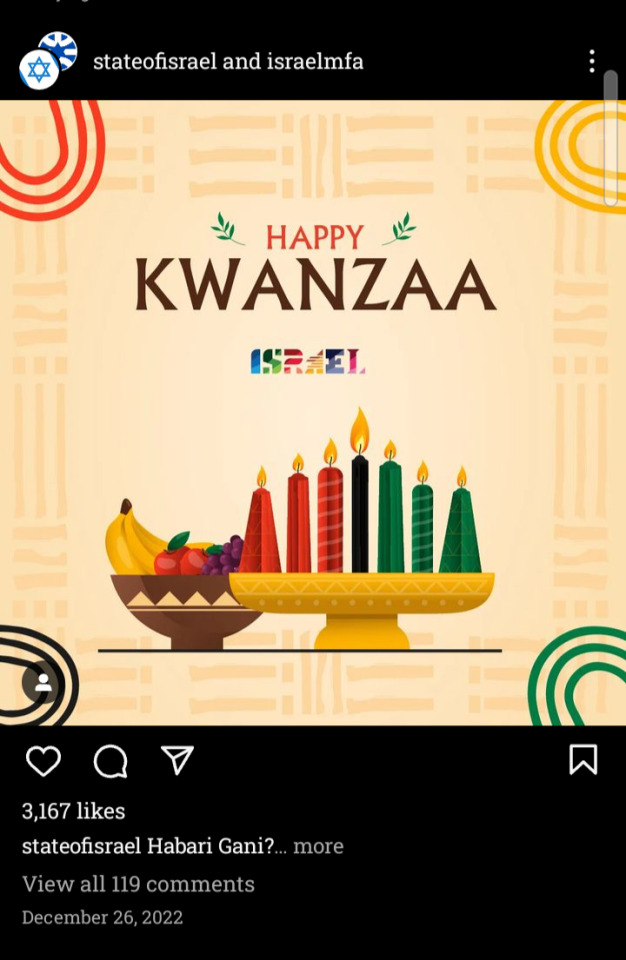
I was almost going to crop out the original page til I saw one was the state's official IG page. So this is propaganda-propaganda. A year old, sure, but the point still stands...
It goes without saying that, while Zionism has nothing really at odds with the Nguzo Saba, any person seriously celebrating Kwanzaa who also supports the state of Israel needs to spend a bit more time looking behind the holiday itself and studying the political and cultural discourses under which it was birthed.
Perhaps they'll learn that, when Israel was first formed, many Black people were in favor of it. We saw kinship with another ethnic minority targeted repeatedly by western white supremacists finding refuge in the homeland of their ancestors.
But not long after, more Black activists learned of the horrors of the Nakba, and the current unbreakable solidarity between Black Liberation and Palestinian Liberation was born.
Whereas Black Nationalist philosophies are explicitly anti-Western hegemony, Zionism is in favor of it, and Israel openly courts support from Western governments by promising to extend Western hegemonic ideologies and structures throughout the Middle East.
Whereas Pan-Africanism acknowledges the sovereignty of all African peoples to rule themselves, Zionism refuses to acknowledge the sovereignty of Palestinians to that same self-rule.
Whereas those of us in Diaspora who believe in an eventual physical return to the African Continent seek peaceful coexistence with other Africans, Zionism does not seek such coexistence with surrounding Arab nations and peoples.
Still, it is Zionism, we in the West must respect as a valid political philosophy. Israel, as an ethnostate, has an inherit right to existence which mustn't be challenged. Biden can go onstage and declare himself a Zionist.
Imagine the backlash had Barack Obama declared himself a Black Nationalist.
Those of us who celebrate Kwanzaa embrace our Jewish friends. We also embrace our Palestinian friends as well. Of course, exceptions will exist, but to those who will not acknowledge Palestine's right to their own version of Kujichagulia, I would encourage you to question why the Jewish right to seek safety in their ancestor's homeland must override the Palestinian right to the very same thing.
There is no central authority for Kwanzaa, not even Karenga has the power to speak for all of us. I do not profess to do that. I can only speak for this blog and say I reject the Israeli state's futile effort to court support of the African Diaspora. And I can only say anyone who does celebrate Kwanzaa and would ally themselves with the Israeli state is doing a disservice to the history of the communities which birthed the holiday.
2 notes
·
View notes
Text
Kwanzaa music
...is very hard to come across.
There are a few albums out on the major music streaming sites. But I'll admit, nothing really worth talking about.
I think my problem with most Kwanzaa music is that all too often, it sounds like Holiday Music, or it sounds so traditional that it's too hard to really get into.
So instead of trying to find Kwanzaa music, I went through the music I already like, music I was already raised on, and tried to identify what gives me an overall Kwanzaa vibe.
Honestly, I don't expect everyone to like it, or for the playlist to get popular. There's only 15 songs on it. But it's as close as I can get to finding music that really captures the essence of Kwanzaa, at least to me.
For people that don't use Spotify, here's the list. It's arranged in no particular order because I'm not very good at that...
1. Zanset Nou Yo by Boukman Eksperyans
2. Worth His Weight in Gold by Steel Pulse
3. African by Peter Tosh
4. Every Ghetto by Talib Kweli
5. Radio Freq by Dead Prez
6. I'll Be There by the Jackson 5
7. Celebration by Kool & The Gang
8. Exodus by Bob Marley and the Wailers
9. Sikiliza Kwa Wahenga by Michael Abels (it's the song from Get Out...ik, ik, but literally look up the lyrics)
10. MY POWER by Nija
11. Where I'm From by Diggable Planets
12. Pacifics by Diggable Planets
13. Have Some Love by Childish Gambino
14. Africa by Boukan Ginen
15. Master Blaster (Jammin') by Stevie Wonder
16. Stand Tall by Childish Gambino
38 notes
·
View notes







